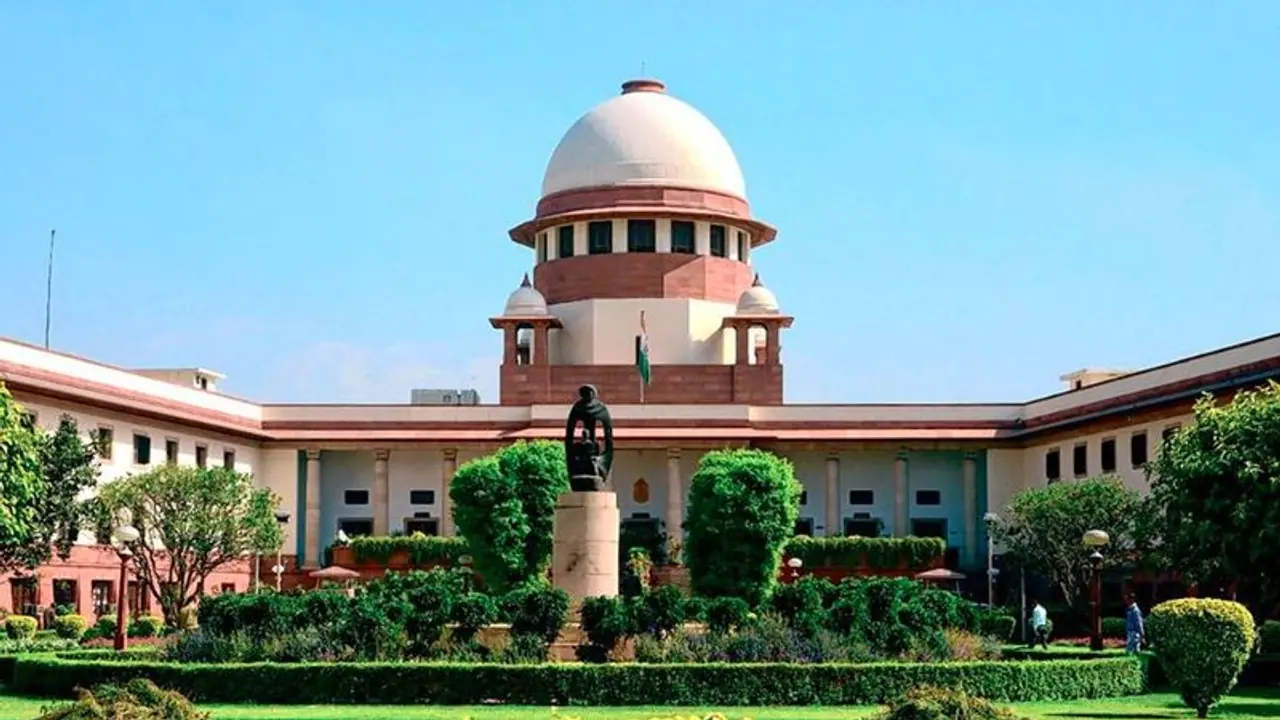The court will continue to deliberate on the second request regarding the imposition of an electoral ban on convicted individuals. The petition also sought to minimize adjournments, permitting them only in rare and exceptional circumstances, and urged for the cancellation of bail in cases of unjustifiable delays.
In a recent development, the Supreme Court on Thursday (November 9) instructed High Courts to take suo moto action for the swift resolution of pending cases against elected legislators, both Members of Parliament (MPs) and Members of Legislative Assemblies (MLAs) from their respective states.

The Chief Justices of these High Courts have been tasked with overseeing the progress in resolving these cases.The court's decision came in response to a public interest litigation (PIL) that advocated the establishment of special courts dedicated to handling criminal cases involving public servants and members of the judiciary.
Telangana Election 2023: IT officials raid Congress candidate Srinivas Reddy's residences, offices
The PIL emphasized the need to conclude these cases within one year and to permanently disqualify convicted individuals from holding positions in legislative, executive, or judicial bodies.
The PIL highlighted data from High Courts, revealing that a staggering 5,175 cases against MPs and MLAs remain unresolved, with 2,116 of them pending for at least five years. On the first request made by the petitioners, the Supreme Court, led by Chief Justice DY Chandrachud, delegated the responsibility to the respective High Courts in the states where these cases are being heard to monitor the proceedings, as framing uniform guidelines proved to be challenging.
The court will continue to deliberate on the second request regarding the imposition of an electoral ban on convicted individuals. The petition also sought to minimize adjournments, permitting them only in rare and exceptional circumstances, and urged for the cancellation of bail in cases of unjustifiable delays.
Trial courts have been instructed not to adjourn cases unless absolutely necessary.This plea stems from a 2015 Supreme Court judgment that stressed the need for expeditious trials for sitting MPs and MLAs who face charges. The court mandated that such trials should be concluded within one year from the date of framing charges, with a preference for day-to-day proceedings.
Heavy rainfall in Tamil Nadu forces schools to shutdown in 5 districts
In cases where extraordinary circumstances prevent adherence to this timeline, a report must be submitted to the Chief Justice of the respective High Court, explaining the reasons for the delay.In compliance with a prior Supreme Court order, various High Courts had reported the number of pending cases against MPs and MLAs as of December 2018 and November 2022.
Uttar Pradesh had the highest number of such pending cases, with 992 in 2018, and 1,377 in 2022, including 719 that had languished for over five years. Other large states, such as Bihar, also reported a significant number of pending cases, with 546 in November, of which 381 had been unresolved for more than five years.
